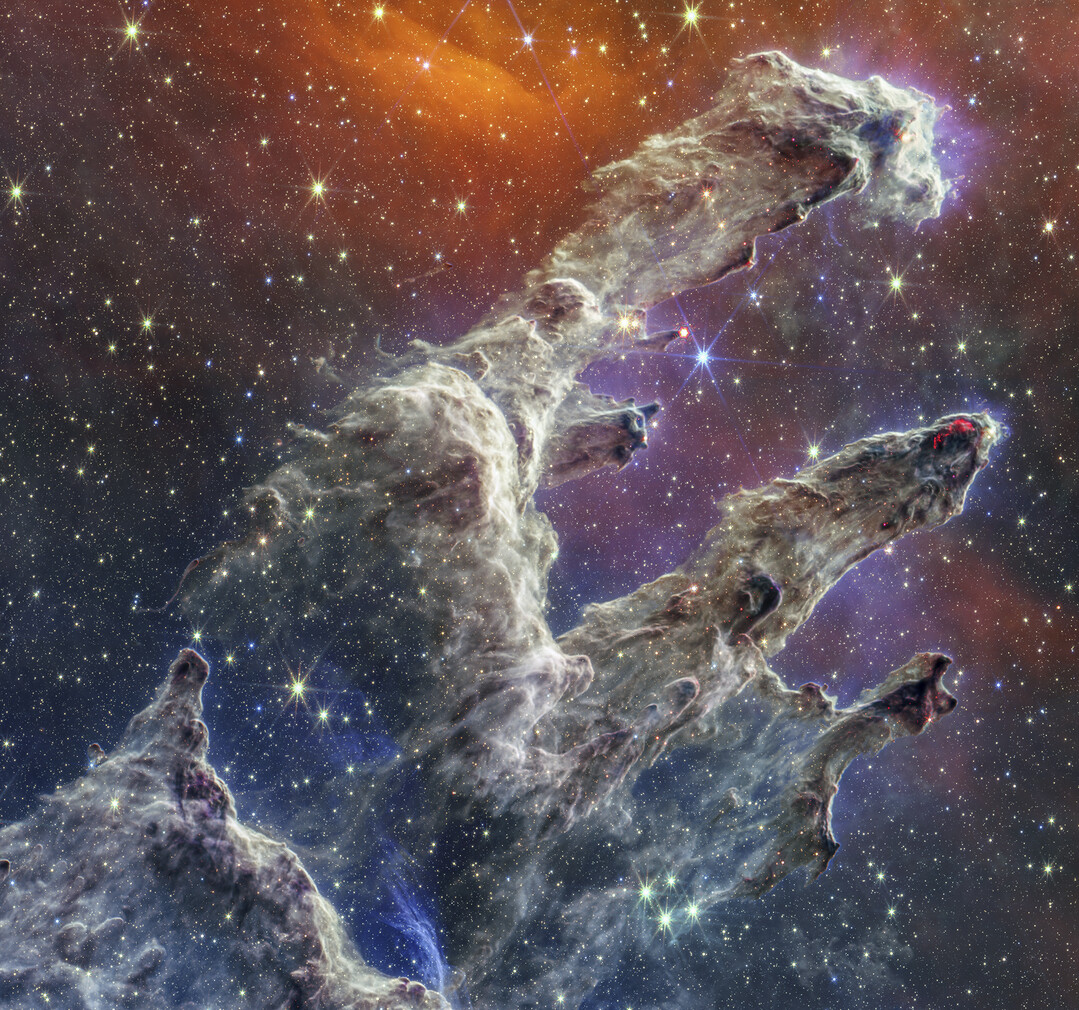
Washington D.C. - NASA's James Webb Space Telescope (JWST) has provided compelling evidence that planet-forming disks around stars in the early universe persisted for significantly longer durations than those observed around young stars in our own Milky Way galaxy. This finding challenges existing models of planet formation and sheds new light on the early evolution of planetary systems.
In 2003, the Hubble Space Telescope made a groundbreaking discovery: a massive planet orbiting a very old star. This star, nearly as old as the universe itself, possessed a surprisingly low abundance of heavier elements, which are the essential building blocks for planet formation. This discovery suggested that planet formation could occur even in the early universe, when the abundance of heavy elements was significantly lower than it is today.
These primordial planets, forming within their protoplanetary disks, could have grown to sizes exceeding Jupiter before the disks eventually dissipated.
To further investigate this intriguing possibility, researchers utilized the powerful capabilities of the JWST to study stars within a nearby galaxy that, like the early universe, exhibits a low abundance of heavy elements. The findings were remarkable: JWST not only confirmed the presence of planet-forming disks around these stars but also revealed that these disks exhibited significantly longer lifespans compared to those observed around younger stars in our Milky Way.
"With Webb, we have robust confirmation of Hubble's earlier findings, compelling us to re-evaluate our existing models of planet formation and early evolution in the young universe," stated study leader Guido De Marchi of the European Space Research and Technology Centre in Noordwijk, Netherlands.
This research has profound implications for our understanding of planetary evolution. The extended lifetimes of these primordial disks suggest that planets in the early universe may have had more time to form and grow, potentially leading to the formation of planetary systems with unique characteristics compared to those found in the present-day universe.
[Copyright (c) Global Economic Times. All Rights Reserved.]




























